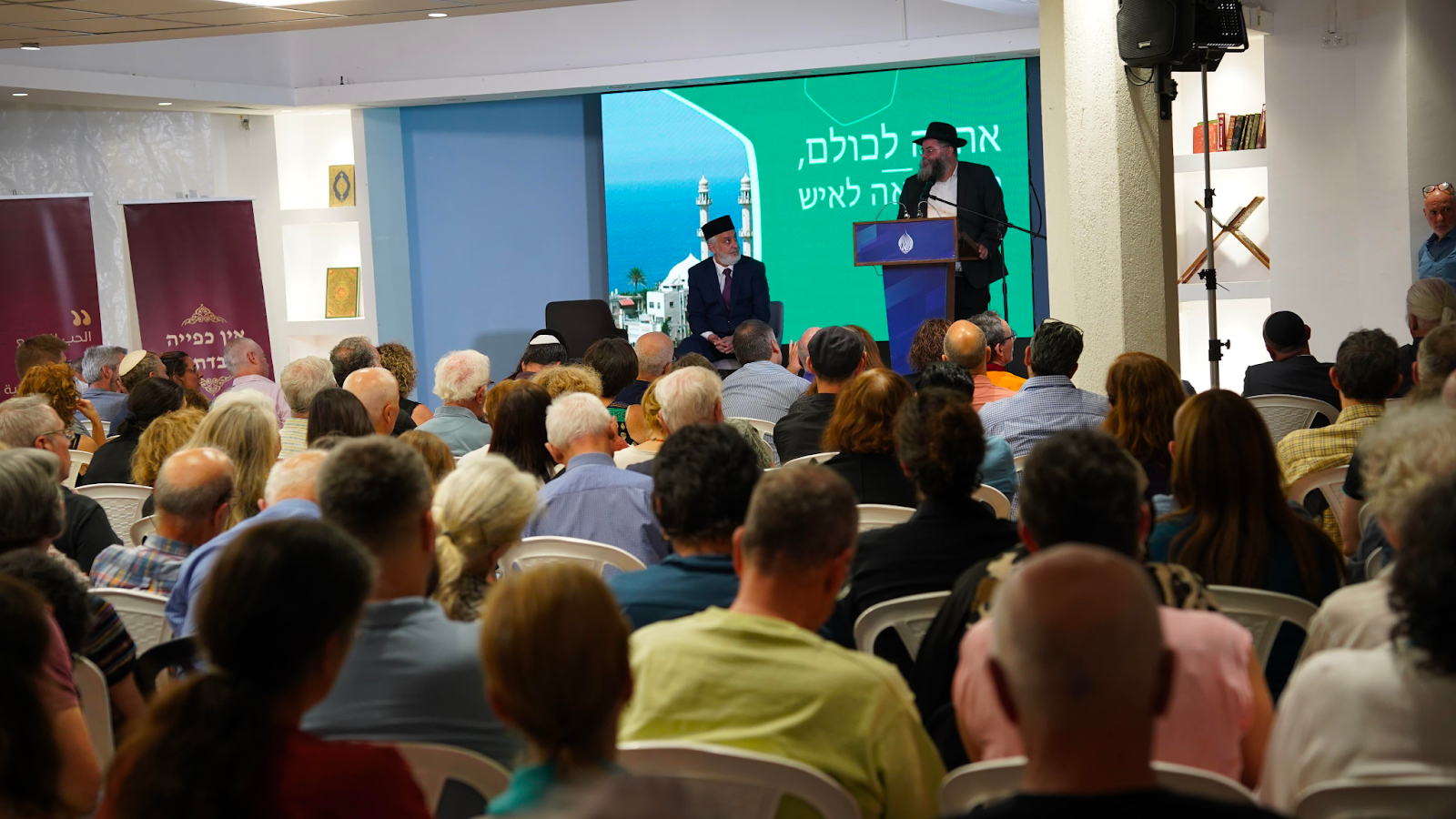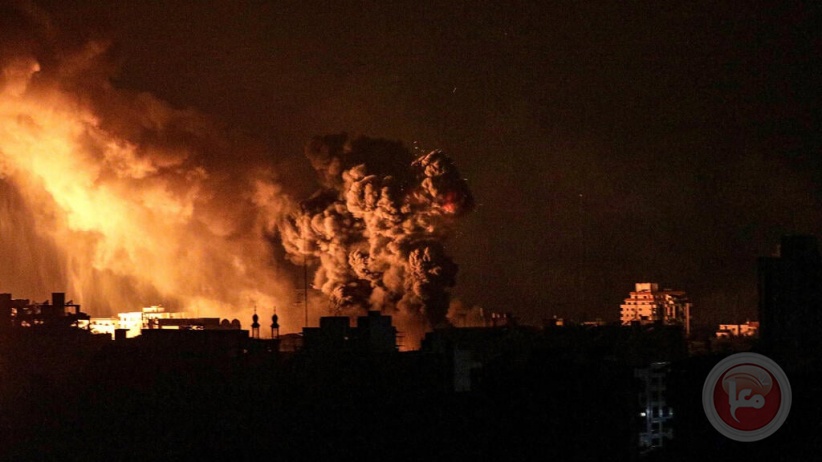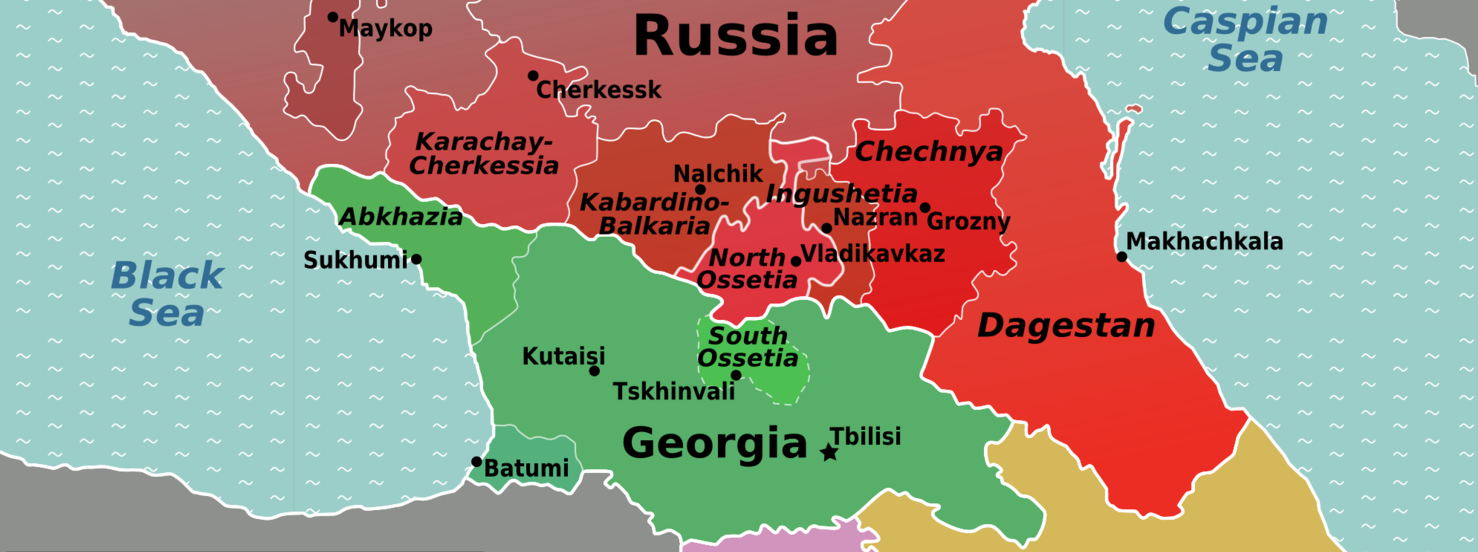Anti-Semitism, anti-Zionism: parsing the difference
Amid Israel’s massive aerial bombardment of Gaza, accusations of anti-Semitism at demonstrations for Palestine are mounting. But some instances were later revealed to have been distorted or exaggerated. The increasingly accepted official “working definition of anti-Semitism” dangerously muddies the water by explicitly conflating anti-Zionism and Jew-hatred. Media questioning of the claims of the Israeli military has even been compared to Holocaust denial. Yet actual, unambiguous Jew-hatred is meanwhile much in evidence, in America and Europe alike. This raises the imperative on activists to genuinely grapple with the distinction, rather than merely dismissing anti-Semitism as Zionist propaganda—which is, ironically, itself an anti-Semitic response. In Episode 201 of the CounterVortex podcast, Bill Weinbergexplores the dilemma. Listen on SoundCloud or via Patreon. (Image: frgdr.com)













